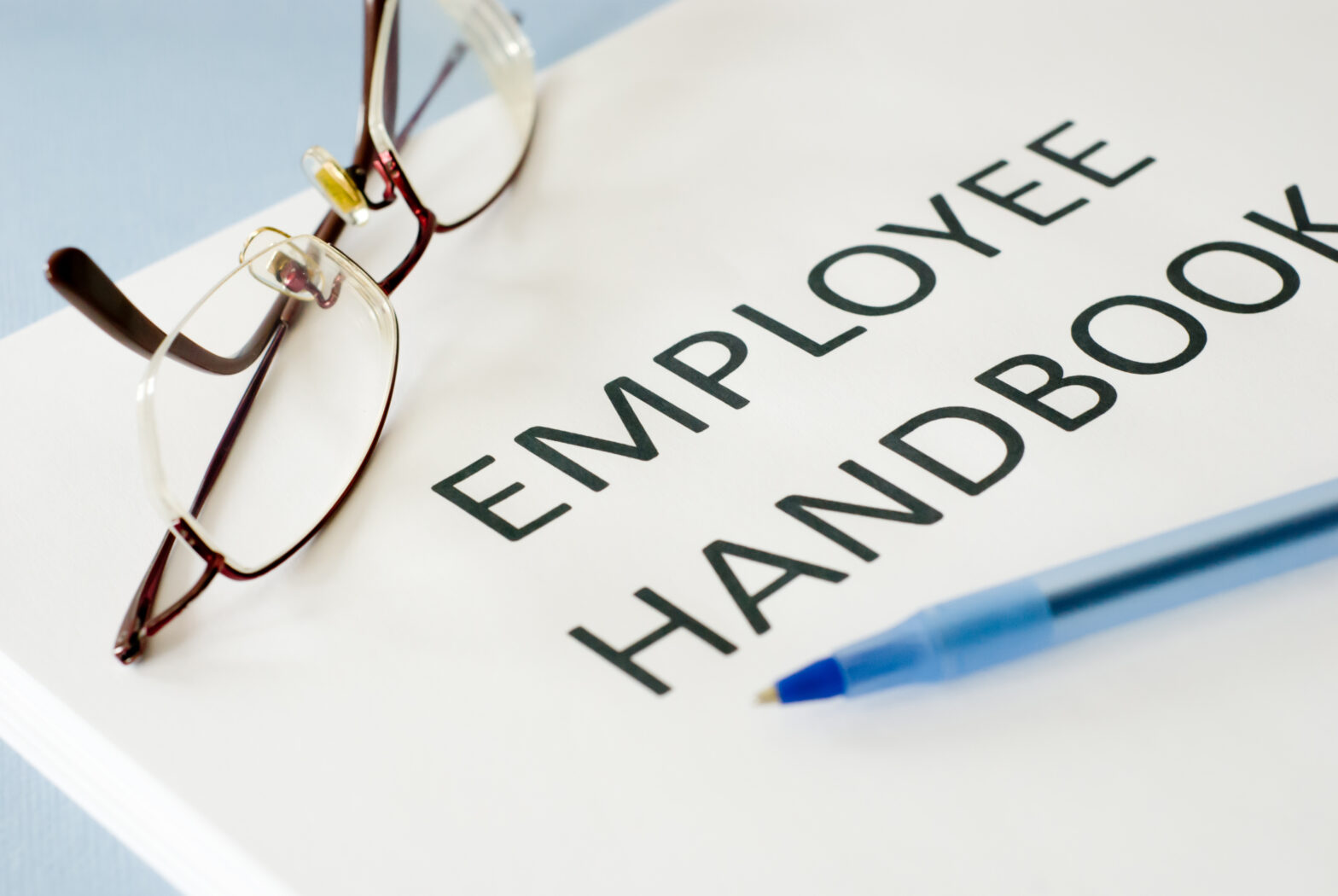Commuters yesterday faced the first working day of major upgrades to Waterloo, the UK’s busiest station. Journeys into London throughout August are likely to be severely affected with nine platforms at the terminus temporarily closed, many surrounding stations will have fewer services, while some will be closed entirely.
At first predictions of travel chaos appeared to be unfounded after commuters reportedly enjoyed quieter journeys to work than usual. However, the evening rush hour saw Waterloo station concourse packed with Tube passengers held back in tunnels for upwards of 15 minutes to reduce the crush.
The upgrade work will have an inevitable impact throughout the month on commuters attempting to get to work and their employers.
Jo Stubbs, head of content at XpertHR Group, says, ‘One of the questions employers always ask at times like this is whether they have to pay employees who arrive at work late for the missed time.
‘Unless there’s specific contractual provision for this, there’s no obligation on employers to pay employees who arrive late, even through no fault of their own. The onus is on employees to get to work and the obligation to pay under the contract of employment arises only where they are ready, willing and available for work. A failure to pay an employee in this situation is not an unlawful deduction of wages under the Employment Rights Act 1996, because there is no contractual right to any such payment.
‘However, if employees are having problems getting to work due to public transport disruptions, many employers are likely to want to try to make some accommodation for them. They may, for example, be able to work from home or to make any missed time up at a later date. Another option might be for the parties to agree that any missed time will be taken as paid annual leave where the employee wishes to be paid for the time off.
‘As a starting point, it’s useful for employers to have a policy on disruptions to public transport. This can help avoid inconsistent treatment as well as any confusion over the issue of payment. It can also set out the steps employees are expected to take to get into work at times like this.’








